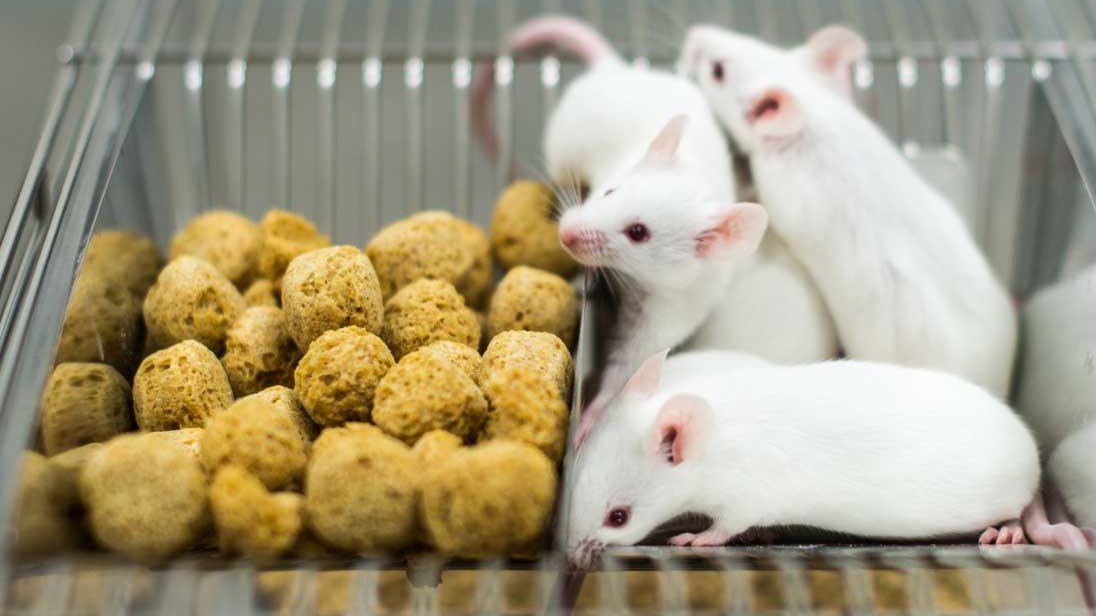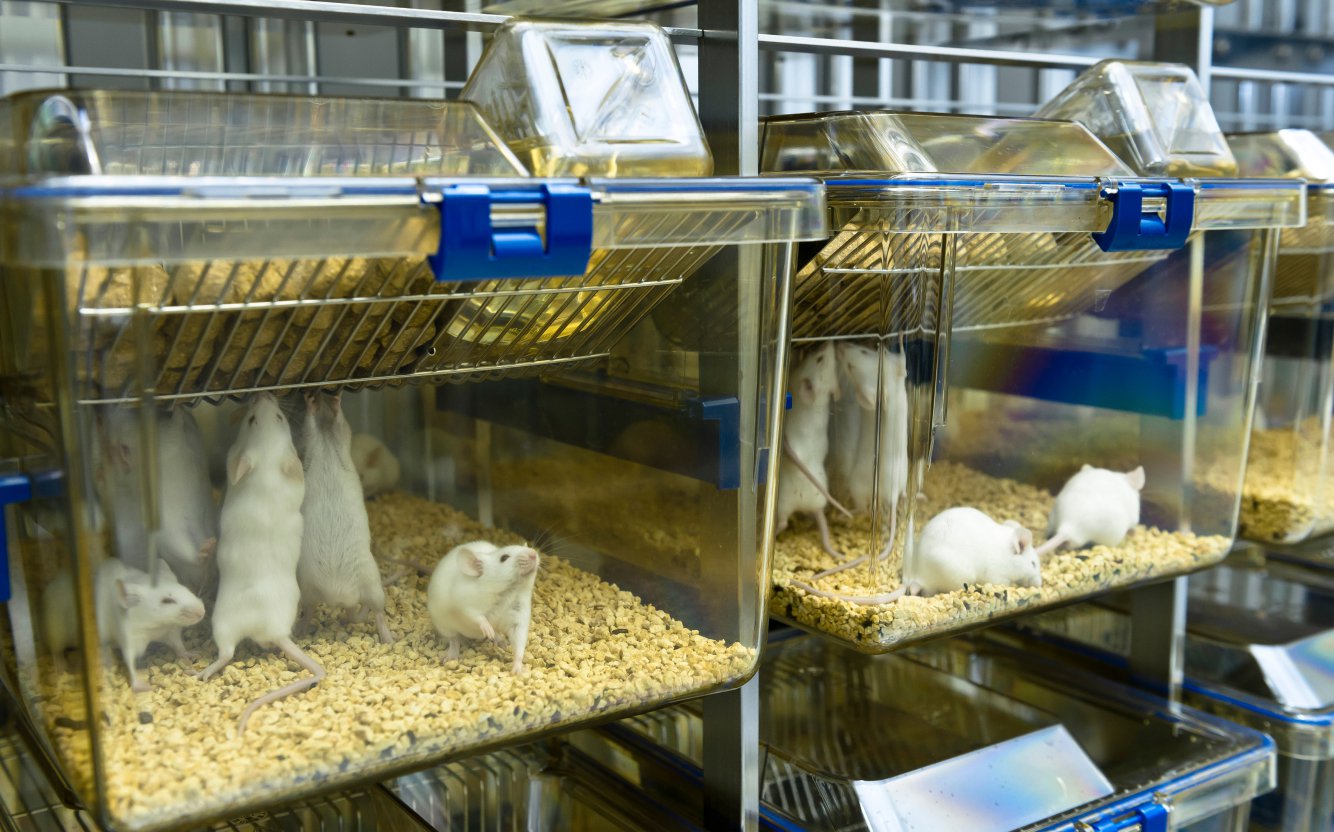 There is a growing body of evidence that time-restricted feeding (TRF), for example limiting eating to the active versus inactive phase for a particular species, can impact weight gain and development of obesity. Researchers at the Norwegian University of Science and Technology, the Central Norway Regional Health Authority, and Trondheim University Hospital recently demonstrated that TRF restricts weight gain in juvenile rats. Most previous literature on the topic of TRF used adult rats, so the extension of this effect to juvenile rats has significance to the prevention of obesity.
There is a growing body of evidence that time-restricted feeding (TRF), for example limiting eating to the active versus inactive phase for a particular species, can impact weight gain and development of obesity. Researchers at the Norwegian University of Science and Technology, the Central Norway Regional Health Authority, and Trondheim University Hospital recently demonstrated that TRF restricts weight gain in juvenile rats. Most previous literature on the topic of TRF used adult rats, so the extension of this effect to juvenile rats has significance to the prevention of obesity. The researchers used Sprague Dawley rats from Taconic Biosciences placed on a high fat diet at 5 weeks of age and either fed ad libitum, or on a feeding schedule where food was only available for 9 hours during the active (dark) phase for 5 weekdays, and ad libitum during the weekend. Sprague Dawley rats fed a high fat diet (D12492) and placed on a TRF schedule starting either at 5 weeks or 13 weeks of age gained less weight compared to free fed rats on the same diet, despite similar overall caloric intake in the two groups. This research suggests TRF might be a useful strategy to prevent obesity starting at younger ages.
















.jpg)

.jpg)
.jpg)
.jpg)
.jpg)





.jpg)


.jpg)
.jpg)




.jpg)





.jpg)

.jpg)




